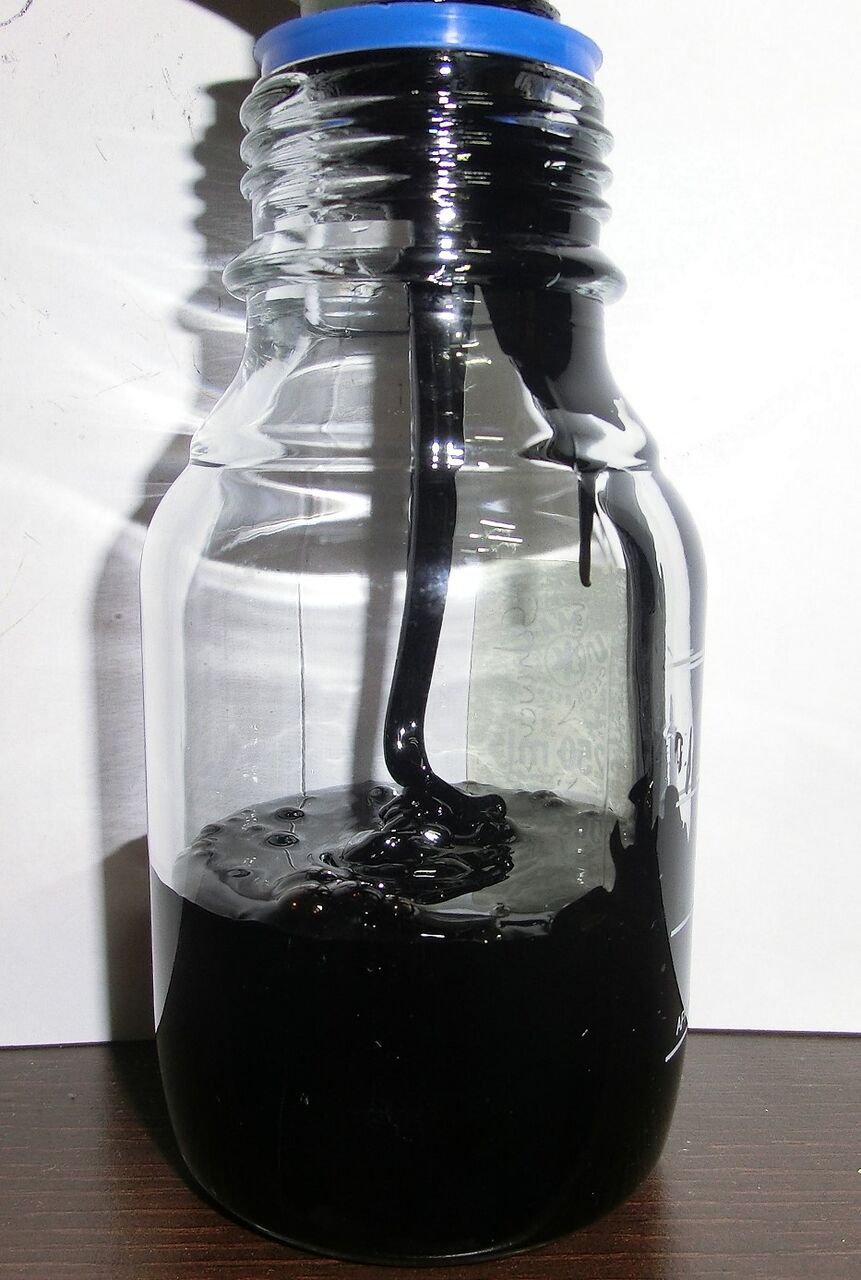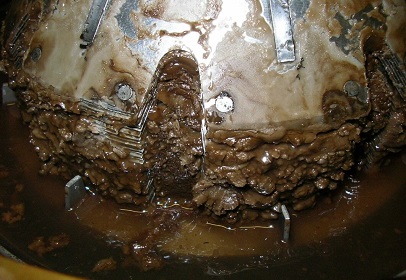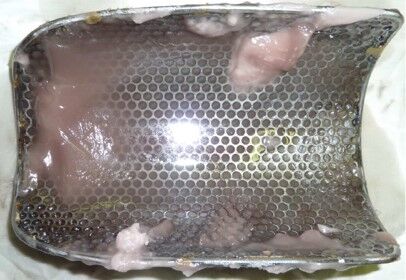Fuel Oil Analysis
The Problem
 Testing bunker fuels is a necessity and not a luxury. Every well-run shipping company should test fuels routinely. While fuel related machinery problems are caused by a small percentage of all the fuels supplied, the importance of regular fuel testing should not be underestimated. It is not only about fuel related problems, machinery damage or stoppage but also about a more serious issue, namely the safety of lives onboard, where there can be no compromise.
Testing bunker fuels is a necessity and not a luxury. Every well-run shipping company should test fuels routinely. While fuel related machinery problems are caused by a small percentage of all the fuels supplied, the importance of regular fuel testing should not be underestimated. It is not only about fuel related problems, machinery damage or stoppage but also about a more serious issue, namely the safety of lives onboard, where there can be no compromise.
Today, secondary refining processes are employed to extract the maximum quantity of lighter fractions. The left over after this is the residual fuel that is supplied to the Marine industry. The consequence of this is a residual fuel that has been continuously deteriorating in quality.
Distillate fuels for marine consumption are increasingly being used. These too have shown an increasing number of problem cases. Some of these consist of filter plugging due to bacterial contamination, high cloud point/cold filter plugging point, fuel pump problems from low lubricity and acidic wear related to contaminants.
The Solution
Fuel oil analysis protects ship operators by forewarning them about fuel-related troubles, and independently documents fuel quality for operational and insurance purposes. This testing procedure is checked during oil major vetting inspections.
Participation in a fuel testing program is elementary proof that the ship operators are following the industry's best practices advocated by the Tanker Manager Self-assessment (TMSA) program.
Fuel Oil Analysis comprises of a series of tests to determine the quality of the marine fuel supplied. Viswa Lab tests samples by the ISO 8217 approved standards. The analyses conducted determine the characteristics of the fuel.
More comprehensive testing, to include tests beyond what is recommended by the ISO standards, may be required based on the initial findings or based on any problems faced by the vessel. Please see our Problem Case section for interesting case examples.
Evaluation of distillate fuels especially the low sulfur fuels (less than 0.05%) can correctly identify the fuels with low lubricity and thus requiring lubricity additives. Low lubricity values, if uncorrected, are associated with increased wear.
Bacterial contamination in distillate fuels can be seen in the presence of Fatty Acid Methyl ester FAME and water. This can cause filter choking and can be prevented by addition of biocides. A complete evaluation of the problems with solutions for each of the problems encountered can be provided by Viswa Lab.
Our Benchmarks
We are the Only Lab that provide benchmarks of fuel.
Engine Friendliness Number EFN (copyrighted) is a benchmark of the fuel quality.
True Worth Index TWI (copyrighted) is a benchmark of the ͞worth of the fuel͟. Ignition and Combustion properties are part of this copyrighted number.
Problem Fuel Indicating Number PFIN (copyrighted) is a number based on an algorithm, which alerts the customer if the fuel has the potential to cause problems specifically cause piston ring breakage. Viswa Lab will work with the customer to provide solutions for such problem fuels.
Purifier Efficiency Number PEFN (copyrighted) is a number that indicates the efficiency of purifier operation.
Filter Blocking Tendency Number FBTN (copyrighted) is a number that indicates the potential of the fuel to cause filter choking.


Viswa Lab Houston
12140 Almeda Rd.Houston, Texas 77045 USA
713.842.1985
Customerhelp@viswalab.com
VTIC Houston
12140 Almeda Road Houston,Texas 77045
U.S.A
713.842.1985
Customerhelp@vticservices.com
Viswa Lab Singapore
80 Tagore LaneSingapore 787501
65.6778.7975
singapore@viswalab.com
Center of excellence for The Viswa Group
Technology Information Engineering Services Pvt LtdPlot 100 - 103, Export Promotion Industrial Park,
Whitefield, Bangalore
560066
Viswa Lab UK
New First AvenueWilton International SiteMiddlesbrough, Cleveland TS104RG
44.16427331450
uk@viswalab.com
Viswa Lab UAE
Viswa Lab International FZEWarehouse 17B
Fujairah Freezone 1
Fujairah PO Box 50234
971.9228.2787
971.5274.62429
uae@viswalab.com
Viswa Lab Belgium
Administrative OfficeEmdenweg 23 (Kaai 217)
2030 Antwerp Belgium
32.3541.4441
europe@viswalab.com
VTIC Louisiana
1441 Canal Street,Suite #402
New Orleans, LA 70112
713.408.1061
504.327.9161
504.407.0464
customerhelp@vticservices.com